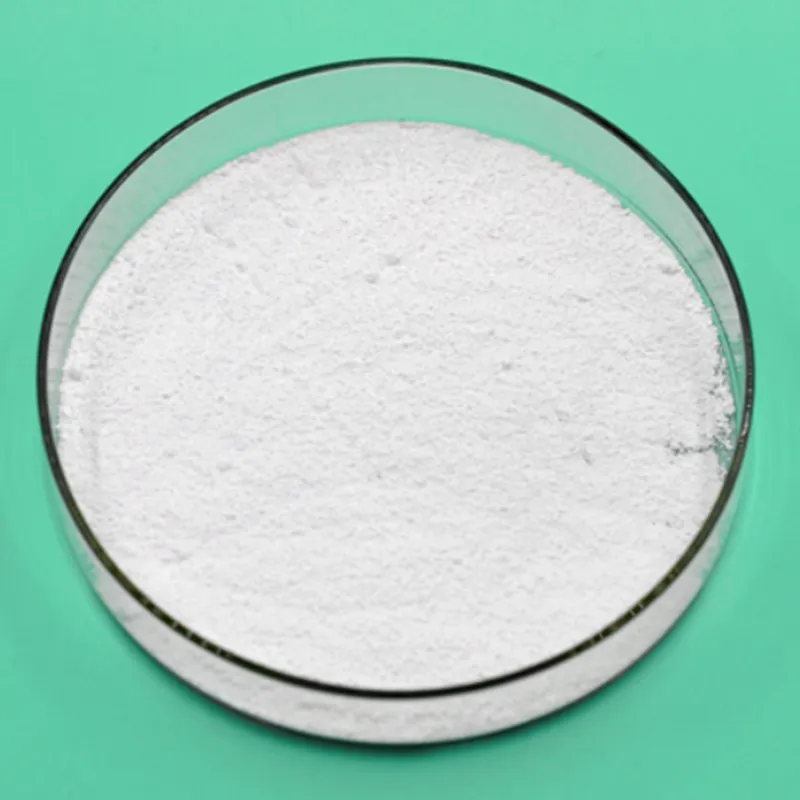
monosodium glutamate seasoning
Monosodium glutamate, commonly known as MSG, is a flavor enhancer that has sparked both enthusiasm and controversy since its discovery. Chemically, it is the sodium salt of glutamic acid, an amino acid that occurs naturally in many foods, including tomatoes and cheese. MSG is widely used in various cuisines around the world, particularly in Asian cooking, to elevate the umami flavor of dishes. Umami, often referred to as the fifth taste, is known for its rich and savory profile, making foods taste more distinct and satisfying.
.
One of the main advantages of MSG is its ability to enhance flavor without the need for excessive salt. In fact, MSG contains about one-third of the sodium found in table salt, making it a popular choice for those looking to reduce sodium intake while still enjoying flavorful meals. This has significant implications for public health, particularly in the fight against high blood pressure and heart disease.
monosodium glutamate seasoning

However, MSG has not been without its detractors. In the late 20th century, some individuals reported experiencing a condition dubbed Chinese Restaurant Syndrome following the consumption of MSG-laden food. Symptoms included headaches, sweating, and a sensation of pressure in the face. Despite numerous studies, scientific consensus has found no conclusive evidence supporting these claims, and regulatory bodies such as the FDA have classified MSG as generally recognized as safe (GRAS).
Today, MSG continues to be a topic of debate. While many chefs and home cooks swear by its ability to enhance the depth and complexity of flavors, others remain cautious due to the stigma surrounding its use. The key lies in moderation; like any ingredient, overconsumption can lead to undesired effects.
In conclusion, monosodium glutamate is a powerful seasoning that can significantly enrich culinary experiences. Understanding its role in food preparation and balancing its use can enable cooks to create memorable dishes that bring people together. As we continue to navigate the complexities of flavor and health, it is essential to strike a balance, appreciating the contributions of MSG while being mindful of personal preferences and dietary needs. Whether loved or loathed, MSG remains a significant player in the culinary world.
-
Pure Sodium Dichloroisocyanurate Dihydrate | Powerful DisinfectantNewsAug.29,2025
-
Industrial Chemicals: Quality & Purity for Every IndustryNewsAug.28,2025
-
Nitrile Rubber Honoring Strict Production StandardsNewsAug.22,2025
-
Aspartame Ingredients Honoring Food Safety ValuesNewsAug.22,2025
-
Fertilizer for Balanced Plant NutritionNewsAug.22,2025
-
Cyanide Gold Processing with High Purity AdditivesNewsAug.22,2025
-
Formic Acid in Textile Dyeing ApplicationsNewsAug.22,2025
Hebei Tenger Chemical Technology Co., Ltd. focuses on the chemical industry and is committed to the export service of chemical raw materials.
-

view more DiethanolisopropanolamineIn the ever-growing field of chemical solutions, diethanolisopropanolamine (DEIPA) stands out as a versatile and important compound. Due to its unique chemical structure and properties, DEIPA is of interest to various industries including construction, personal care, and agriculture. -

view more TriisopropanolamineTriisopropanolamine (TIPA) alkanol amine substance, is a kind of alcohol amine compound with amino and alcohol hydroxyl, and because of its molecules contains both amino and hydroxyl. -

view more Tetramethyl Thiuram DisulfideTetramethyl thiuram disulfide, also known as TMTD, is a white to light-yellow powder with a distinct sulfur-like odor. It is soluble in organic solvents such as benzene, acetone, and ethyl acetate, making it highly versatile for use in different formulations. TMTD is known for its excellent vulcanization acceleration properties, which makes it a key ingredient in the production of rubber products. Additionally, it acts as an effective fungicide and bactericide, making it valuable in agricultural applications. Its high purity and stability ensure consistent performance, making it a preferred choice for manufacturers across various industries.





